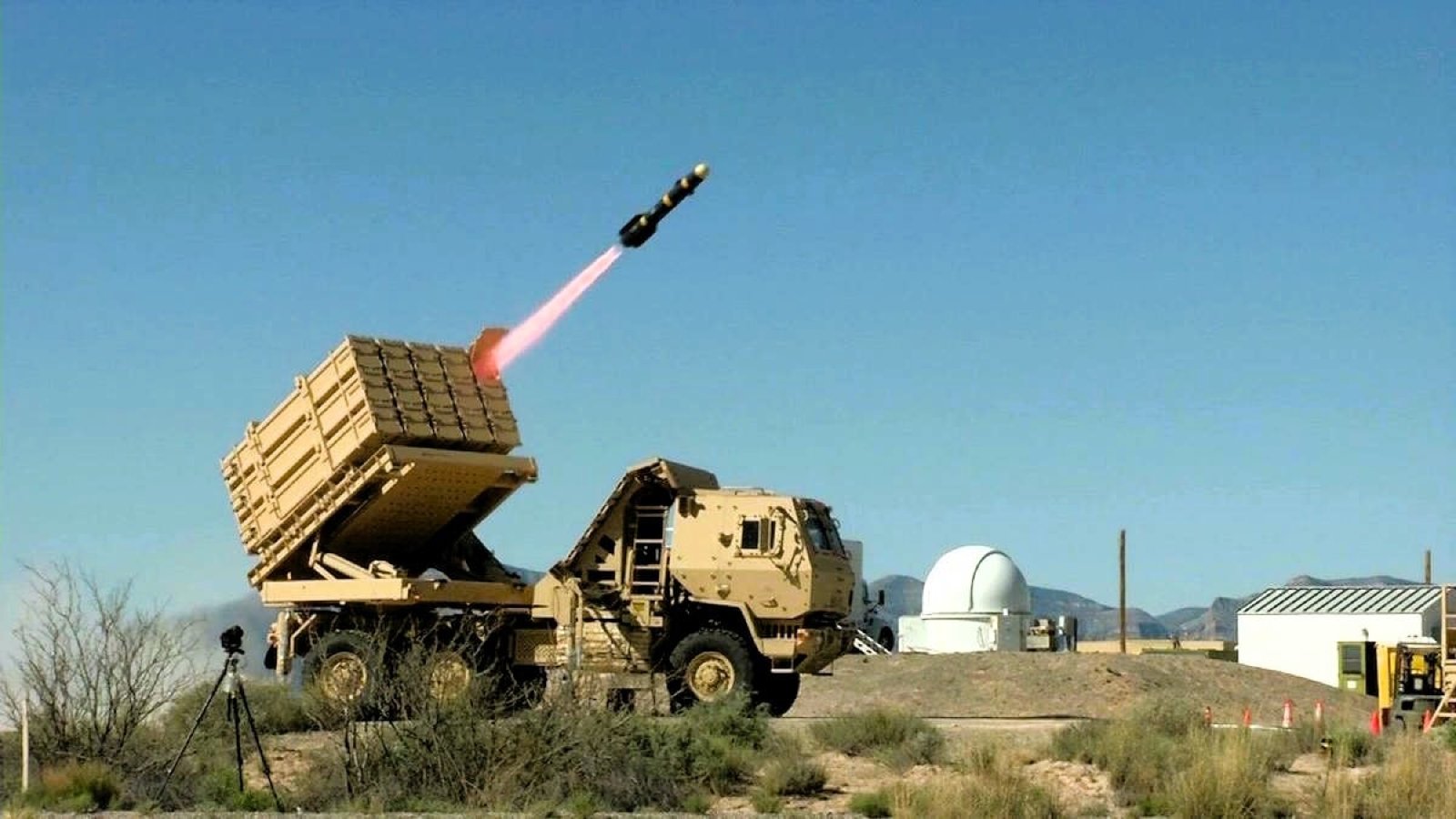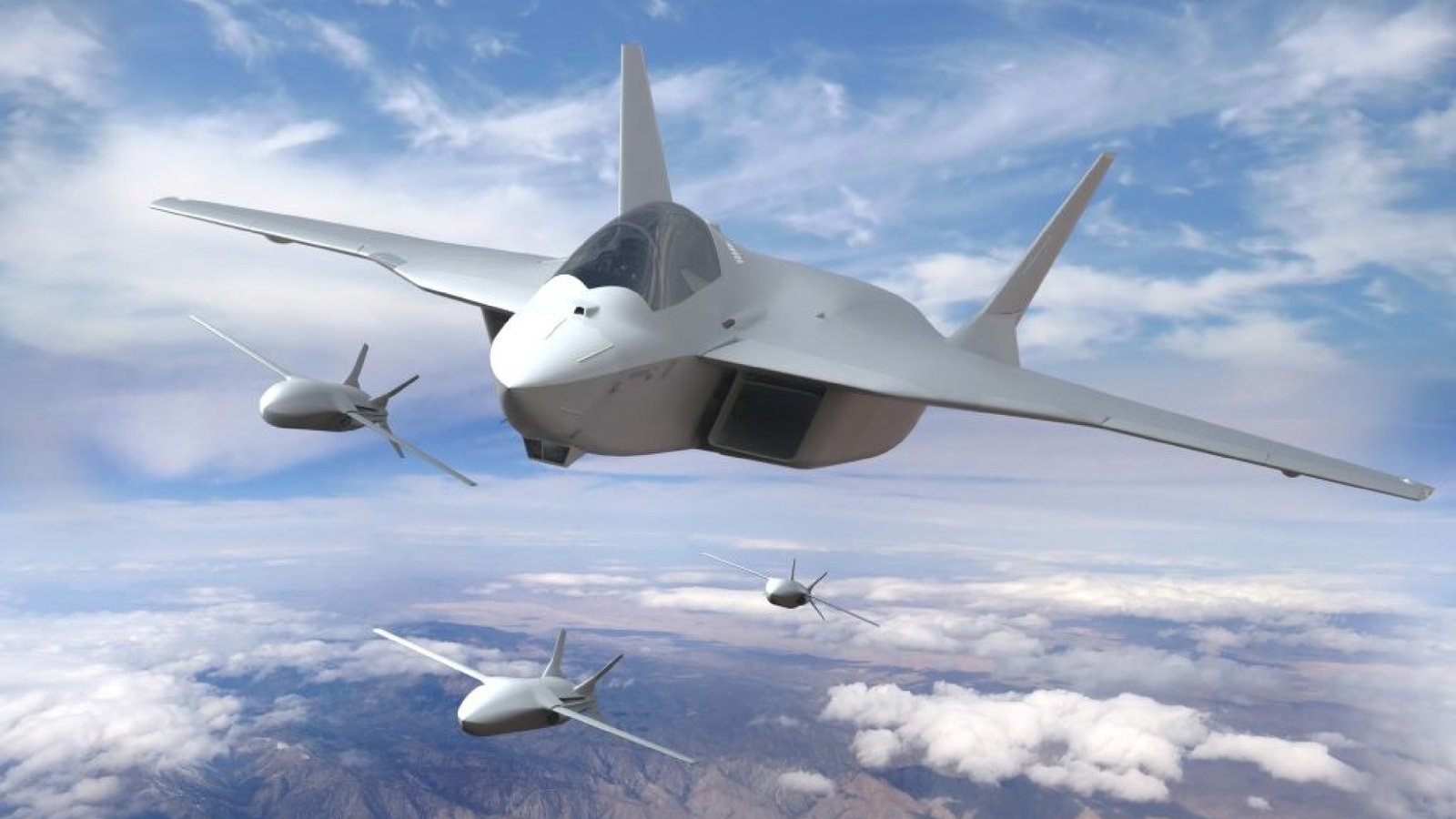
Cybersecurity in Aerospace & Defense: Safeguarding Digital Frontiers
When we think of aerospace and defense, our minds often go to fighter jets breaking the sound barrier, naval carriers slicing through oceans, or satellites watching over the planet with unblinking precision. Yet, in today’s world, the true battlefield isn’t always in the skies, seas, or deserts—it’s in invisible digital realms. The weapons? Malware, phishing campaigns, ransomware, and stealthy breaches. The mission? Defense cybersecurity, a growing domain as critical as the engines that power aircraft or the code that guides a missile.
In an era where a single keystroke can cause more damage than a thousand bombs, aerospace and defense industries are realizing that digital defense systems are as vital as physical armor. And that’s where Blackwater steps in—not with tanks or missiles, but with sharp insights, detailed intelligence, and market research that equips leaders to fight smarter against cyber threats.
The Silent Battlefield of Defense Cybersecurity
Unlike traditional defense, where the enemy is visible through binoculars or radars, cyber attackers wear cloaks of invisibility. They lurk in networks, waiting for the perfect moment to strike. Whether it’s a state-sponsored hacker targeting missile systems or a rogue group attempting to disrupt satellite communications, cyber warfare has rewritten the rules of conflict.
The stakes are high. Imagine a scenario where an adversary disables an air defense system by slipping malicious code into its operations. Suddenly, billion-dollar jets and fleets become sitting ducks. That’s not just science fiction—it’s the modern reality that makes defense cybersecurity not just an IT issue but a matter of national security.
In fact, aerospace and defense companies are some of the most targeted organizations worldwide. Their treasure chest isn’t just classified military strategies—it’s also intellectual property, manufacturing blueprints, communication systems, and research data. Which is why the need for data protection has skyrocketed alongside the advancement of hypersonic missiles and drone swarms.
Cyber Threats: The New Weapons of Mass Disruption

Traditional threats involve missiles, tanks, and guns. Today’s digital adversaries wield malware, denial-of-service attacks, and spear-phishing. The sophistication is staggering. A single cyber threat can cripple an air traffic control system, leak classified files, or compromise satellite navigation, creating chaos on a global scale.
Here’s the catch: cyber attackers don’t need billion-dollar budgets to launch their offensives. All they need is skill, persistence, and often state backing. For aerospace and defense players, this asymmetry is a nightmare. They can’t afford to let their guard down for even a second.
Take the example of supply chain vulnerabilities. Modern defense programs involve hundreds of contractors and subcontractors. Each vendor is a potential entry point for hackers. A small lapse in one company’s firewall can open doors to larger systems, creating ripple effects across the ecosystem. That’s why digital defense systems must be holistic, covering not just the big giants but also their tiniest suppliers.
Digital Defense Systems: Shields in the Age of Firewalls
To fight 21st-century wars, countries deploy tanks, planes, and ships. To fight 21st-century cyber wars, they deploy digital defense systems. These aren’t just firewalls and anti-virus software; they’re AI-driven, machine-learning-powered fortresses that monitor, predict, and respond to cyber threats in real time.
For aerospace and defense, these systems take on Herculean responsibilities. They must protect classified communication, ensure safe navigation, guard intellectual property, and prevent sabotage of defense projects. From encrypting satellite signals to securing drone operations, every layer of technology needs an equally strong digital shield.
And here’s the twist: defense cybersecurity isn’t just about preventing attacks—it’s also about resilience. Systems must not only block intrusions but also recover quickly when breached. After all, in defense, even a minute of downtime can mean the difference between mission success and disaster.
This is where Blackwater’s market intelligence becomes invaluable. By mapping out the players, technologies, and innovations shaping the defense cybersecurity sector, Blackwater empowers stakeholders to make data-driven decisions. Leaders gain clarity about which solutions matter, where investments should flow, and how global trends are shaping this digital battleground.
Data Protection: The Crown Jewel of Defense Cybersecurity

In the defense world, information is power. Military strategies, design blueprints, intelligence reports, and communication logs—each piece of data is a potential weapon in the wrong hands. That’s why data protection has become the crown jewel of defense cybersecurity.
Protecting data isn’t just about locking it behind encrypted walls. It’s also about ensuring its integrity and availability. Imagine a fighter jet whose navigational software has been tampered with, or a missile defense system fed with corrupted data. Even without stealing classified files, simply altering information can cause catastrophic outcomes.
From cloud-based defense operations to on-ground mission control, data protection weaves itself into every layer of modern aerospace and defense. And here’s the kicker: adversaries know it. They target data because they know it’s the Achilles heel. A single leak of sensitive satellite codes can undermine years of R&D and billions in investment.
Blackwater’s role here isn’t about coding encryption systems—it’s about providing research that helps defense organizations anticipate vulnerabilities and understand which digital defense systems can truly safeguard their most valuable assets. It’s intelligence for the age of intelligence warfare.
Why Defense Cybersecurity Needs Market Intelligence
Let’s face it—defense organizations are flooded with vendors promising “unhackable” systems. Buzzwords like zero-trust architecture, AI-driven defense, and quantum encryption dominate presentations. But how do stakeholders cut through the noise to find solutions that actually work?
This is where Blackwater shines. As a market research company, Blackwater doesn’t build tanks or firewalls—it builds clarity. By analyzing global trends, investment patterns, competitor strategies, and technological shifts, Blackwater equips aerospace and defense leaders with insights that guide their cyber strategies.
For example, a defense ministry deciding between investing in AI-based monitoring or blockchain-based data protection doesn’t need guesswork—they need research. Blackwater provides that research, helping leaders understand what competitors are doing, what technologies are maturing, and where the risks lie.
In short, if defense cybersecurity is the shield, Blackwater is the compass guiding its design.
The Economics of Cyber Defense

Here’s something most people don’t realize: building a fighter jet costs billions, but compromising one through a cyber exploit might cost an attacker only a fraction of that. This asymmetry makes cyber defense one of the most critical cost-benefit equations in aerospace and defense.
Investing in defense cybersecurity isn’t optional—it’s economical. A single breach can cost not just money but also human lives, geopolitical stability, and national pride. Whether it’s ransomware locking down defense databases or spyware siphoning communication between military bases, the financial and reputational damage is immense.
Blackwater’s market analysis often reveals the cost-benefit trends shaping this industry. By quantifying risks and opportunities, their insights help defense organizations allocate budgets intelligently, ensuring that investments in digital defense systems deliver maximum resilience against evolving cyber threats.
Looking Ahead: The Future of Digital Defense
The future battlefield won’t be defined solely by fighter jets, aircraft carriers, or stealth drones. It will be defined by lines of code, digital firewalls, and artificial intelligence algorithms running silently in the background.
As quantum computing emerges, today’s encryption methods could become obsolete overnight. As autonomous defense systems proliferate, securing their command-and-control centers will be critical. And as geopolitical rivalries intensify, cyber threats will only grow sharper, more coordinated, and more relentless.
In this evolving theater, defense cybersecurity won’t just be a department—it will be the foundation of aerospace and defense. And companies like Blackwater will play a pivotal role, providing the intelligence, foresight, and analysis needed to stay three steps ahead of adversaries.
Blackwater: Your Ally in Cyber-Intelligence
If defense cybersecurity is a chess game, then market research is the playbook. Blackwater ensures that aerospace and defense organizations aren’t reacting blindly to threats but are proactively shaping their strategies based on real intelligence.
Through its research, Blackwater highlights the technologies worth investing in, the risks worth guarding against, and the global players worth watching. Whether it’s mapping the rise of AI-based cyber tools, analyzing supply chain vulnerabilities, or tracking geopolitical cyber strategies, Blackwater delivers insights that help organizations protect their digital frontiers with confidence.
At the end of the day, jets, ships, and satellites might win wars—but in the 21st century, it’s defense cybersecurity that ensures they can even take off. And for that mission, Blackwater is the trusted ally in the war room of research and intelligence.
Conclusion: From Steel Armor to Digital Shields
The aerospace and defense industry has always been about protection—protecting borders, protecting citizens, protecting sovereignty. But today, the armor is no longer just steel; it’s also digital. The frontline isn’t always a trench—it’s often a server room. And the enemy isn’t always visible—it could be an anonymous hacker in a basement halfway across the world.
Defense cybersecurity is the new shield of nations. It’s the silent guardian that keeps aircraft flying, satellites orbiting, and missions succeeding. Yet, as with all battles, knowledge is power. That’s why market intelligence from Blackwater is indispensable. By bringing clarity, foresight, and strategy into the chaotic world of cyber threats, Blackwater ensures that defense organizations can safeguard their digital frontiers with the same precision they use to guard their skies.
In this new age of warfare, code is as powerful as cannons—and Blackwater makes sure the good guys always have the better code.



